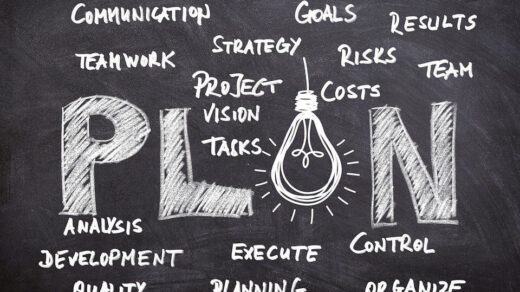
January and February can be the two of the toughest months (from a mental health perspective). The fast-paced end-of-year, replete with holiday celebrations with friends and family, is over. The days are bloody cold (at least where I live). This is when friends and coworkers may enter a slump. Your task, as both a good colleague and a good person, is to check in on them.
Many people have reassessed what is important to them and what is not over the last three years. People’s priorities may have shifted — that is not a bad thing. Wouldn’t the world be a dull place if nobody changed direction or explored new options? Working at a nonprofit definitely has its rewards, but it also comes with some challenges. Sometimes it is a case of the “emperor has no clothes”. Many nonprofits are well-equipped to handle clients’ personal and emotional needs. But how many of those nonprofits look inward and can handle their staff’s personal and emotional needs?
We are all human (except for that person in the cubicle at the end who gets some perverse pleasure from filing the nonprofit’s annual charitable return — I don’t know how they do it!) and crave interaction with others. There was a colleague of mine in a former life who would come in every morning, flip on their computer and start working away. No “hello”. No “hi, Jane”. Just silence. Needless to say, others didn’t overly enamour this person.
The world has become a much more harsh place over the last few years. Some have related it to politics and society. We now speak our minds without always thinking about the unintended consequences as much as in the past. This has been evidenced by a certain president that has no filter and has encouraged others to do the same. At the end of the day, there is no excuse to not extend kindness to someone else.
Many people are working for home (either exclusively or in some sort of hybrid fashion). While Zoom and Teams have done a commendable job at virtually linking people together, it is not a replacement for face-to-face interaction. Often, the informal interactions we have are just as important as the formal ones. Reading body language properly has become more challenging.
So, check in on your colleagues. Find out if someone is struggling. As a supervisor, I have often played the role of “sounding board” or counselor. Sometimes, all your colleague needs is to get something off of their chest. Sometimes, though, your colleague needs some real help. I urge you to check in on your colleagues — it is the best way to keep those priorities aligned. Just knowing that someone else cares and is taking the time to check in on them is a huge weighted lifted from their shoulders.
Until next week.
L’chaim.
jack




